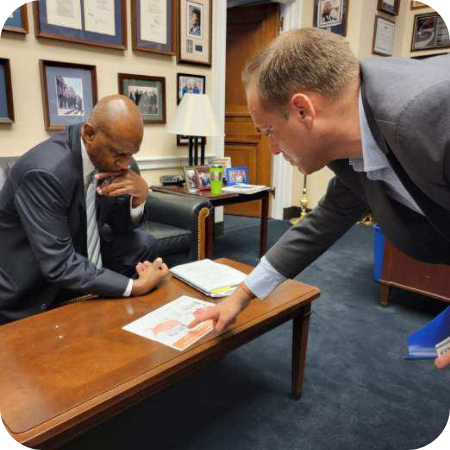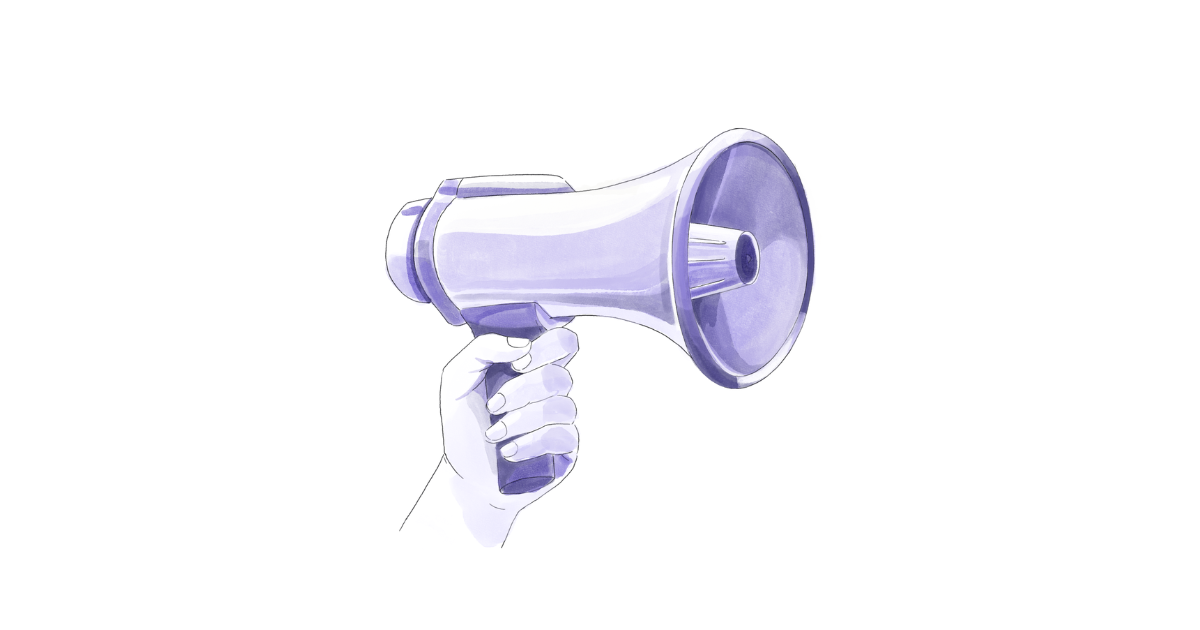【緊急】HIV医療の危機!? 資金削減で患者たちの未来が脅かされる!私たちにできること

「先生、薬はもらえるんでしょうか? 保険は払えるんでしょうか?」
これは、HIV医療の現場で働く医師が、患者から日々受ける質問です。
連日報道される政府の予算削減案は、HIV患者の未来を大きく揺るがしています。
HIV医療の現状:希望の光が見えてきたのに…
長年の研究と医療の進歩、そしてコミュニティの努力によって、HIVは「死の病」から「慢性疾患」へと変わりつつあります。
適切な治療を受ければ、HIV感染者も健やかに生活できる時代になったのです。
HIVの感染予防も進み、予防薬という選択肢も増えてきました。
私たちは、HIVを治療し、予防する方法を知っているのです!
忍び寄る危機:資金削減がもたらす絶望
しかし、今、HIV医療を取り巻く状況は一変しようとしています。
政府による大幅な予算削減は、多くの人から医療へのアクセスを奪い、HIV治療薬やケアプログラムの利用を困難にする可能性があります。
もし、予算削減が実行されれば、検査や治療を受けられなくなったHIV感染者は病状が悪化し、命に関わる合併症を引き起こすかもしれません。
これは、防ぐことができたはずの悲劇なのです。
患者の声:不安と絶望
「薬がもらえなくなるかもしれない…」
「医療費が払えなくなるかもしれない…」
患者たちの不安は募るばかりです。
医師として、私は彼らに何と答えるべきでしょうか?
私たちにできること:声を上げよう!
今、私たちにできることは、社会全体に現状を理解してもらい、声を上げることです。
予算削減は、薬や医療、住居など、様々な支援サービスを必要としているHIV感染者に直接的な影響を与えます。
医療従事者は、必要な医療を受けられず苦しむ患者たちを目の当たりにすることになるでしょう。
そして、すでに逼迫している医療システム、特に地方や都市部のセーフティネット病院は、未治療のHIV感染者であふれかえってしまうかもしれません。
未来への希望:私たちが諦めない限り
しかし、どんな状況になろうとも、私が患者さんに対するコミットメントが変わることはありません。
HIV医療を提供するという決意は、誰にも、何にも揺るがないのです。
私たちは声を上げ続け、エビデンスに基づいた治療法やプログラムを支持し、HIVのない未来を目指します。
たとえ困難な時代が来たとしても、私たちは力を合わせ、できることを最大限に行い、患者と共に歩み続けます。
あなたも行動を!
-
IDSA(アメリカ感染症学会)とHIVMA(HIV医学会)のメンバーアドボカシープログラムに参加する:
政策立案者との関係を構築し、法案に影響を与えましょう。
https://www.idsociety.org/policy–advocacy/member-advocacy-program/ -
HIVMAのライアン・ホワイト医療プロバイダー連合に参加する:
HIV医療へのアクセスを保護・改善するための情報を入手しましょう。
https://profile.idsociety.org/s/rwmpc - IDSA Academyの無料コース「Become an ID/HIV Advocate Learning Series」でアドボカシーについて学ぶ:
政策決定プロセスやIDSAとHIVMAの政策優先事項について詳しく知ることができます。
https://academy.idsociety.org/content/become-idhiv-advocate-learning-series#group-tabs-node-course-default1

 “Doc, will I be able to get my medicine? Will I be able to afford my insurance?”
“Doc, will I be able to get my medicine? Will I be able to afford my insurance?”
Such questions have been a daily occurrence from patients I see for HIV care for the last several months. Every week (or day), you turn on the news or open a web browser to hear about newly proposed federal cuts to programs and services. Amidst these changes, how can I answer my patient’s questions? What certainty can I provide them without it being false reassurance?
Though I didn’t enter my career as a HIV clinician until well after start of the HIV epidemic in the United States (I was, in fact, a baby!), I learned, through colleagues, my patients and my own independent exploration of books and documentaries, how advocacy has been an integral part HIV care during its evolution in the United States. Recognizing this, as I focused on HIV care and prevention, I naturally started to explore advocacy. On my first visit to Capitol Hill at an IDSA Advocacy Day six years ago, I felt intimidated to be walking the halls of Capitol Hill congressional offices but quickly realized that I already knew what I needed to say.
I shared what I see every day — the struggle of the patients, the challenges faced by the Ryan White Program and why funding for HIV testing, care, prevention and research are so critical to ending the HIV epidemic. The message had to be adjusted from time to time, but overall, it was similar — funding for HIV care systems, medications and research will set us on a path the eliminate HIV.
What’s at stake now
Now it feels like we are in another era. Drastic and broad proposed cuts to programs at the federal level will result of millions of people being left without health care access. Many HIV-related care programs that people living with HIV rely on are at risk, threatening access to medications and care. If implemented, these funding cuts will cause people with HIV to become ill due to lack of access to testing, treatment and care, resulting in life-limiting opportunistic infections and other complications with the end result … needless suffering and death. I don’t intend to be callous by saying this, but it’s the truth. I hear the echoes of “Silence = Death” reverberating in my mind from documentaries about the early HIV epidemic in the U.S.
The most frustrating aspect of our current situation is that this “nightmare” scenario is preventable. Through decades of research, clinical advances, community engagement and the continued funding of HIV care programs such as the Ryan White HIV/AIDS Program, HIV has largely become a chronic illness that people can live (and thrive!) with in the U.S. We have also developed tools to make biomedical prevention of HIV a reality, with a growing number of options for HIV prevention. We know how to treat and prevent HIV!
There are certainly areas to improve access to quality HIV care in the U.S., and these advancements have not been realized by everyone across the country. But on a population level, great strides have been made since the beginning of the epidemic.
Speaking up for our patients
Now I come back to my patients and their questions. What do I tell them? My response: We all must speak up to make sure everyone in our society understands the impacts of these funding decisions. It will affect most directly people living with HIV who may lose access to their medication, care, housing or any number of other support services. As a member of the HIV workforce, I will bear witness to needless suffering and sickness when the tools needed for better health and wellness are known but will be out of reach for many due to lack of funding for critical service programs. This will also strain already stressed health care systems, especially safety net rural and urban hospitals when those who are now uninsured get admitted for weeks with complications of advanced HIV.
Despite these challenges, speaking directly to my patients, I say this: What these federal changes won’t do, and actually no one can change, is my commitment to you, my commitment to providing HIV care. We will continue to make our voices heard — advocating for funding evidence-based interventions and programs that will lead to a future where we can eliminate the HIV epidemic. With future cuts looming, we may have to come to terms with the reality that some support services won’t be there. Maybe we will have to improvise and make do with what we have in these difficult times. But I will continue to walk with you along the path ahead, providing care and helping you navigate any future challenges faced as much as I can. Despite all the uncertainty that lies ahead, that I can say for certain.
Want to get involved?
Join the IDSA and HIVMA Member Advocacy Program to advocate with your colleagues on issues that impact the ID and HIV landscape, develop relationships with key stakeholders on Capital Hill and influence legislation. Join HIVMA’s Ryan White Medical Providers Coalition to stay informed of advocacy opportunities to protect and improve access to HIV care and treatment. Learn more about advocacy, from how the policymaking process operates to details on IDSA’s and HIVMA’s policy priorities, in the Become an ID/HIV Advocate Learning Series, a free accredited course available on IDSA Academy.
Photo: Dr. Trotter (right) meeting with congressional staff of U.S. Rep. Danny Davis in May 2024




コメント